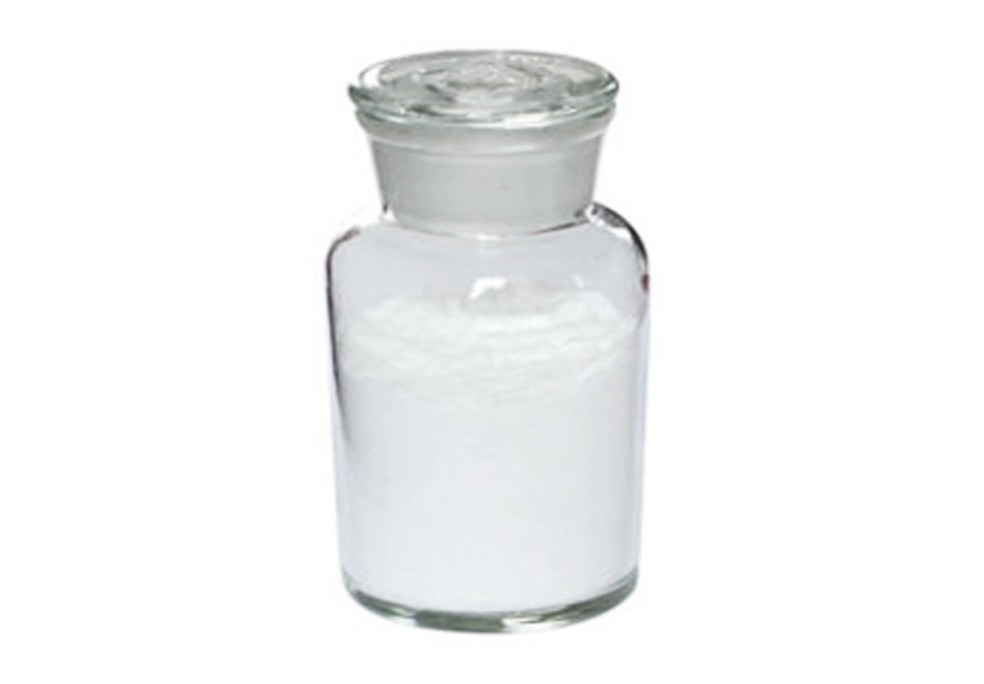Nomen: Fluocinolone acetonide
CAS Non.: 67-73-2
Formula: C24H30F2O6
M. Pondus: 452.54
Synonyma: Pregna-1,4-diene-3,20-dione,6a,9-difluoro-11b,16a,17,21-tetrahydroxy-, cyclic 16,17-acetal with acetone(6CI*,8CI*); 6a,9a-Difluoro-16a,17a-isopropylidenedioxy-D1-hydrocortisone;6a,9a-Difluoro-16a-hydroxyprednisolone16,17-acetonide;6a-Fluorotriamcinolone acetonide; Coriphate;Cortiplastol;Dermalar;Dermatin;Dermatin (steroid);Fluocinolone 16,17-acetonide;Fluovitef;Fluvean;Jellin;Localyn;NSC 92339;Percutina;Sinaflan;Sinalar;
EINECS: 200-668-5
Densitas: 1.36 g/cm3
Liquescens punctum: 267-269 °C(lit.)
Ferveret: 578.5 °C at 760 mmHg
Mico punctum: 303.7 °C
Fluocinolone acetonide is a corticosteroid primarily used in dermatology to reduce skin inflammation and relieve itching. It is a synthetic hydrocortisone derivative. The fluorine substitution at position 9 in the steroid nucleus greatly enhances its activity. It was first synthesized in 1959 in the Research Department of Syntex Laboratories S.A. Mexico City. Preparations containing it were first marketed under the name Synalar. A typical dosage strength used in dermatology is 0.01-0.025%. One such cream is sold under the brand name Flucort-N and includes the antibioticneomycin.
Fluocinolone acetonide was also found to strongly potentiate TGF-β-associated chondrogenesis of bone marrow mesenchymal stem/progenitor cells, by increasing the levels of collagen type II by more than 100 fold compared to the widely used dexamethasone.






















